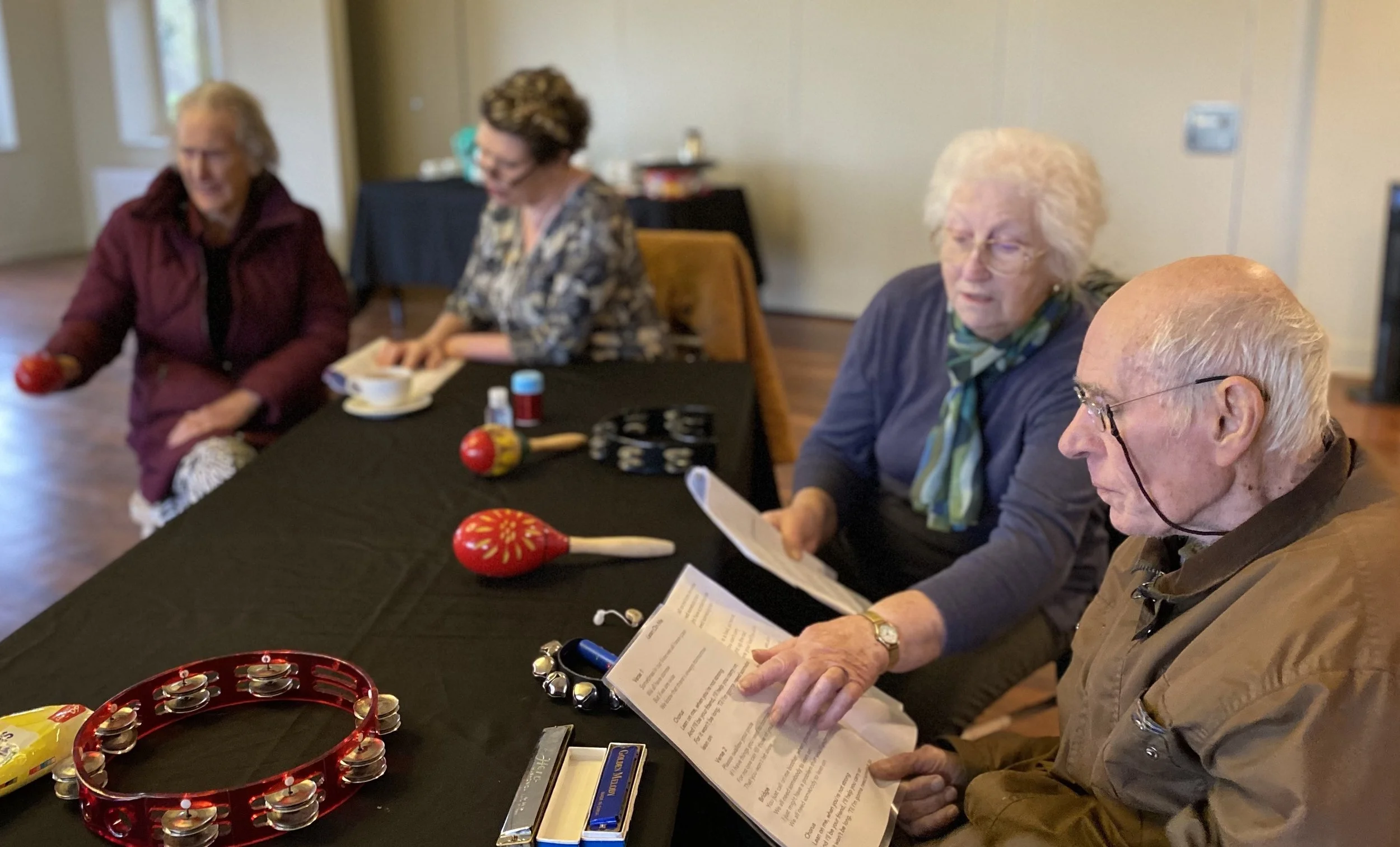Music and DEMENtia
There is strong and growing evidence that music can benefit someone living with dementia. Music is a unique activity in that you need to use every part of your brain to engage with it. This means that for someone with dementia, where some parts of their brain may not function well anymore, there is still an opportunity to communicate and express themselves through music. Music also has a powerful connection to memory – we all know how a special song can transport us back to a vivid moment in time. It can be a powerful tool to help someone with dementia ‘come alive in the moment’ and make connections with family and friends.
how we can help
Music therapy can benefit us all. It doesn’t discriminate against sex, race or religion and in the act of music-making people can come together and bridge age, disability and class in a safe place where they don’t feel judged. Our specially trained music therapists can provide an important and safe space for those living with dementia and their carers to have moments of connection.
Group sessions
Our groups are led by those taking part, supported by our trained staff. People can make music, sing familiar tunes, write songs and improvise. They are fun and informal sessions and someone doesn’t need to know anything about music to join in.
Where do our group sessions take place?
Watford
Stevenage
Broxbourne
Luton
1:1 support
For those living with dementia we may also be able to provide 1:1 music therapy in someone’s home or in care homes. These sessions are recommended for people who are unable to leave their home or care home or are deemed ‘hard-to-reach’. Some may also be receiving end-of-life, palliative care.
You can access sessions by completing the referral form below:
“Music24 treats Lawrence first and foremost as the musician that he still is, rather than someone with dementia turning up to do musical activities. This positivity, dignity and respect enables him to explore the creativity within the music, thus using his brain in ways that other activities don’t.”

